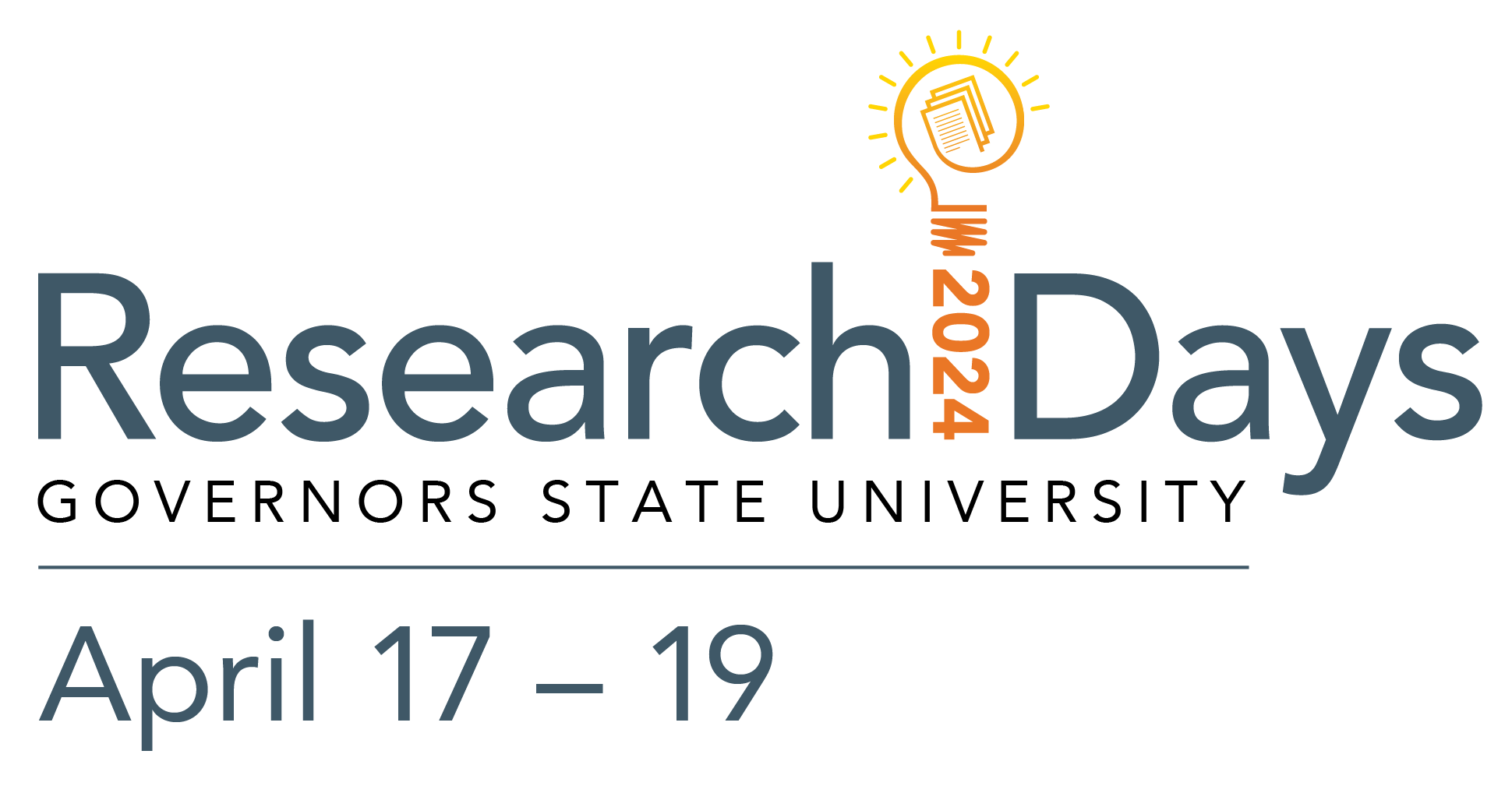Athlete Motivation
Type of Presentation
Poster Session
Location
University Library
Start Date
4-17-2024 11:45 AM
End Date
4-17-2024 1:15 PM
Description of Program
In the world of sports, athletes are guided by the coach’s decisions and behaviors. The purpose of this study is to understand how the athlete’s perception of the coach’s behavior may impact the athlete’s basic psychological needs, and how meeting those needs may impact the athlete’s overall motivation for sport.
Abstract
In the world of sports, athletes are guided by the coach’s decisions and behaviors. Athlete perception of the coach’s interpersonal behaviors has the potential to impact the athletes sport development (Lopez de Subijana et al., 2021). The purpose of this study is to understand how the athlete’s perception of the coach’s behavior may impact the athlete’s basic psychological needs, and how meeting those needs may impact the athlete’s overall motivation for sport. A non-experimental, mixed methods design utilized a correlational survey to measure coach interpersonal behaviors, athlete basic psychological needs satisfaction, and athlete sport motivation. Collegiate athletes at a Midwest minority serving university were the study participants. Data collection is ongoing. The research team anticipates that athletes who perceive coach interpersonal behaviors as supportive will experience satisfaction of their basic psychological needs resulting in self-determined (intrinsic motivation). Similarly, the research team anticipates that athletes who perceive coach interpersonal behaviors as thwarting will experience dissatisfaction of basic psychological needs resulting in controlled motivation. Other variables and demographics such as age, nationality, years of sport participation, accredited competition level, and the duration of coach-athlete relationship may be significant factors in the athlete’s perception of coach interpersonal behaviors and basic psychological need satisfaction, overall affecting the athlete’s motivation for sport.
Faculty / Staff Sponsor
Dr. Alli Cipra
Presentation File
wf_no
Athlete Motivation
University Library
In the world of sports, athletes are guided by the coach’s decisions and behaviors. Athlete perception of the coach’s interpersonal behaviors has the potential to impact the athletes sport development (Lopez de Subijana et al., 2021). The purpose of this study is to understand how the athlete’s perception of the coach’s behavior may impact the athlete’s basic psychological needs, and how meeting those needs may impact the athlete’s overall motivation for sport. A non-experimental, mixed methods design utilized a correlational survey to measure coach interpersonal behaviors, athlete basic psychological needs satisfaction, and athlete sport motivation. Collegiate athletes at a Midwest minority serving university were the study participants. Data collection is ongoing. The research team anticipates that athletes who perceive coach interpersonal behaviors as supportive will experience satisfaction of their basic psychological needs resulting in self-determined (intrinsic motivation). Similarly, the research team anticipates that athletes who perceive coach interpersonal behaviors as thwarting will experience dissatisfaction of basic psychological needs resulting in controlled motivation. Other variables and demographics such as age, nationality, years of sport participation, accredited competition level, and the duration of coach-athlete relationship may be significant factors in the athlete’s perception of coach interpersonal behaviors and basic psychological need satisfaction, overall affecting the athlete’s motivation for sport.

